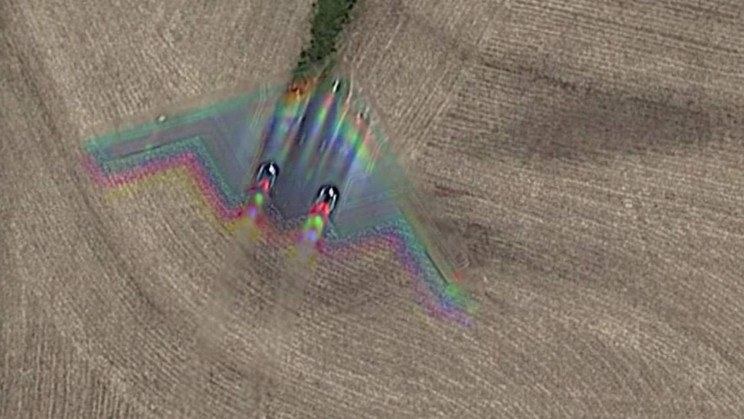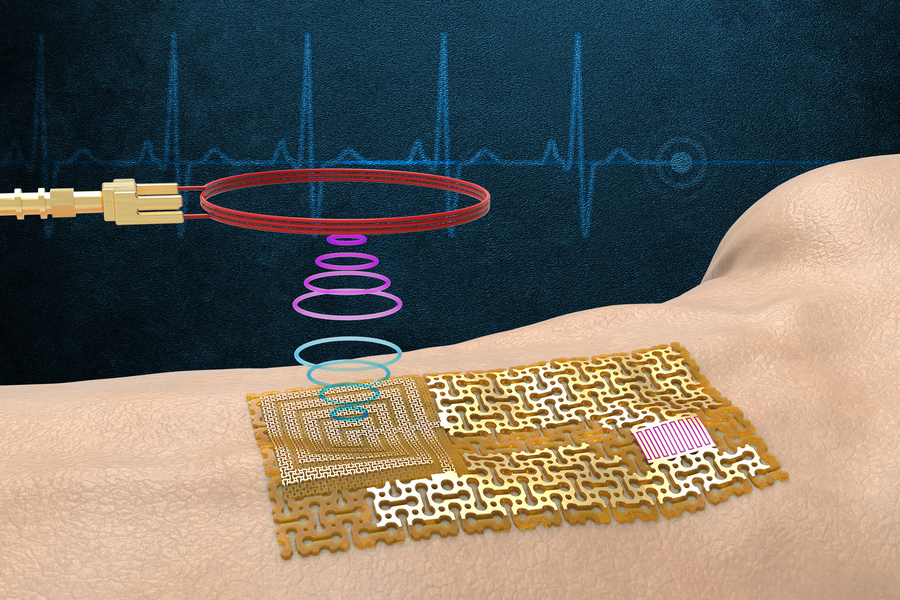In 2008, in an amazing discovery, 2,600-year-old human body was found with a piece of its brain perfectly preserved. It was dubbed Heslington Brain from where it was discovered in England.
It is one of the oldest specimens of human neural tissue ever found in the UK. Carbon dating revealed that the middle-aged man breathed his last breath somewhere between 673 and 482 BCE.
It was a challenging puzzle for the scientists to solve
Human brains consist of 80 percent water and brain tissue which starts to decompose rapidly after death. To find out what made the remaining organic material survive intact for so long, researchers took a closer look at the nature of its proteins.
After years of research, scientists concluded that Heslington Brain remains preserved due to some chemical that blocks destructive enzymes following death. They expect that some foreign entity must have entered the grave, making the brain preserve itself.
Researchers’ explained, “Combined, the data suggest that the proteases of the ancient brain might have been inhabited by an unknown compound which had diffused from the outside of the brain to the deeper structures,”







